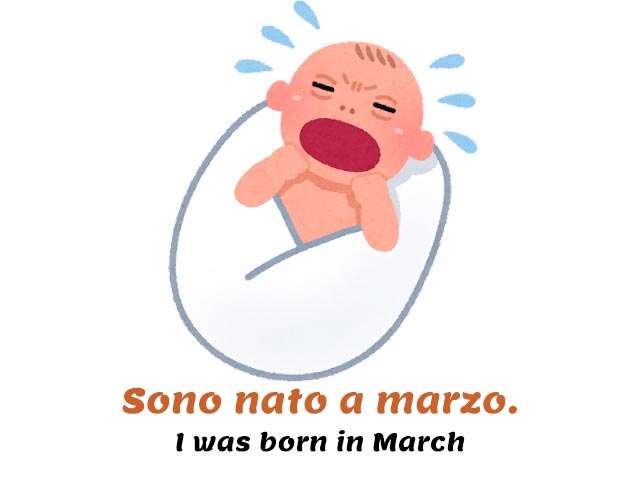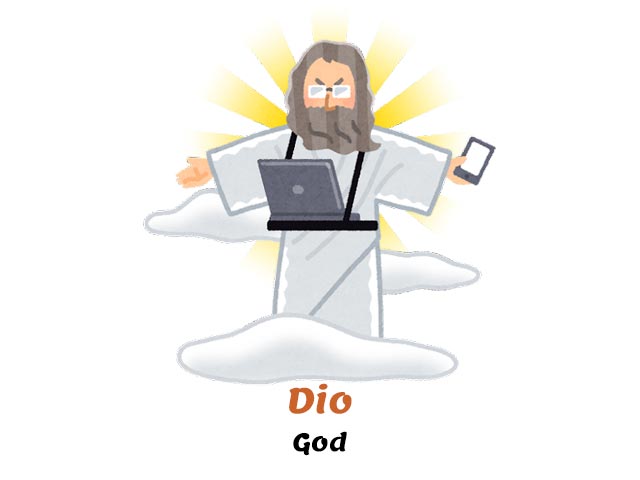Italian grammar
The rules for capitalizing letters in Italian are not the same as English.
Capital letters in Italian titles
You only need to capitalize the first letter of a title, whether it’s the title of a book, a movie or an organization.
| Il piccolo principe | The Little Prince |
| Unione nazionale consumatori | National Consumers Union |
However, this rule can be bent, so it’s not set in stone.
| Il Signore degli Anelli | The Lord of the Rings |
| Organizzazione delle Nazioni Unite | United Nations Organization |
| Il Corriere della Sera | Il Corriere della Sera (newspaper) |

Weekdays and months are NOT capitalized
This is another difference from English: the Italian months and days of the week don’t begin with a capital letter.
| Oggi è lunedì. Domani sarà martedì. | Today is Monday. Tomorrow will be Tuesday. |
| Sono nato a marzo. Mia sorella, invece, è nata a gennaio. | I was born in March. My sister, on the other hand, was born in January. |

The same goes for cardinal points: they are never capitalized, regardless of their function in the sentence, unless we’re talking about the name of a country. Countries always begin with capital letters in Italian.
| Il sole sorge a est e tramonta a ovest. | The sun rises in the east and sets in the west. |
| Dove si trova la Corea del Nord? | Where is North Korea? |
Nationalities are NOT capitalized
Adjectives of nationality and names of languages are never capitalized in Italian.
| Sono italiano e parlo francese, spagnolo e tedesco. | I am Italian and I speak French, Spanish and German. |
Romani, with a capital letter, is used to address the ancient Romans, while romani, with a lowercase letter, means modern people living in Rome!
God is capitalized, but with a caveat
God, which is Dio in Italian, is capitalized when you’re talking about the God of Christianity (speaking of which, the adjective Christian, cristiano, is never capitalized!).
| Lode a Dio. | Praise to God. |

This behavior is also reflected in the pronoun Lui, He, as it also happens in English.
If you’re talking about a pagan deity, however, you don’t need a capital letter.
| Odino e Thor sono dèi della mitologia norrena. | Odin and Thor are gods of Norse mythology. |
Lei… or lei?
Unless you want to sound overly formal in your cover letter, you don’t really need to capitalize the formal pronoun Lei anymore.
| Signor Rossi, posso chiederle (chiederLe) un favore? | Mr. Rossi, may I ask you a favor? |
Other than that, the Italian rules for capitalization are pretty much the same as the English rules: always remember to capitalize proper nouns (first names, places, rivers, national holidays such as Natale, Christmas…) and the first letter of any sentence after a period and an exclamation/question mark.
More free Italian resources
You might want to keep learning Italian online with these free Italian resources:
❤️ If you liked this guide on how to use capital letters in Italian, share it with your friends!


